Enormous Harvests of Large, Sweet Cranberries
The Stevens Cranberry is a favorite among chefs and perfect for traditional recipes because their flavor is sweeter and less tart than other cranberry varieties, meaning that they’re perfect for making drinks, jams, desserts and more.
Not only will you have an enormous amount of sweet cranberries but also you will have a beautiful ground cover plant in your landscape. Steven Cranberry shrubs have a compact size to fit anywhere and dazzle onlookers every spring with tons of white flowers and all year with its lush evergreen foliage.
Stevens Cranberry bushes pump out large cranberries every year during mid fall, so you will have an abundance of fresh berries just in time for the holiday season. Plus, your favorite recipes will taste even better with fresh cranberries.
Doesn’t it seem like cranberries are often the item on the store list that gets forgotten? Don’t fret and make multiple trips to the store when you can grow a lifetime supply of cranberries in your own yard.
Steven Cranberries will flourish in the ice and snow up in zone 3, and the humidity and heat down in zone 9. Grow fresh cranberries to have on hand, almost anywhere in the country!
With bursts of color all year the Stevens Cranberry stands out while putting on a spectacular show. Lightly fragrant reddish pink flowers pop amongst the dark green foliage, but the bright red cranberries stand out even more for a stunning color contrast.
The Stevens Cranberry is known for its excellent flavor and low maintenance nature, therefore they sell out fast. Be sure to order yours today, before they are all gone.
Planting & Care
Location: The Stevens is a full sun plant needing a minimum of 6 hours of direct light. They prefer acidic, moist soil, but not standing water. They can tolerate drier soil once established but are not drought tolerant. These shrubs can be used as a deciduous hedge, a specimen plant, or a mixed border.
Planting directions: Once you have chosen your ideal location, it is time to plant your shrub.
1) Dig a hole that is 3 times the width of the container that your cranberry arrived in and just as deeply.
2) Remove the plant from the container and lightly comb the roots with your fingers to loosen them so that they spread out more readily.
3) Position your plant so that it is upright and centered in the hole.
4) Tamp the soil as you backfill the hole with a mixture of 60% native soil and 40% compost or garden soil.
5) Water the plant well when done to saturate all of the roots and the planting area. Make sure that the area drains well so that the roots are not in standing water.
6) Mulch the planting area with a 3-4 inch thick layer of mulch to protect the roots from the cold temperatures as well as helping the plant to conserve the moisture that you are giving the tree.
Watering: Cranberry bushes prefer soil that is moist but not wet. They like well-draining soil, but do not like to dry out more than approximately 2 inches down before getting watered again. The frequency of watering will depend on your soil type, climate, and current weather conditions. They will need more water during times of heat and drought and less during cooler periods.
Fertilizing: Cranberries do not need much fertilization to thrive. If your leaves begin to fade in color, you can use a small amount of nitrogen fertilizer, providing too much nitrogen will inhibit flower and fruit production. Compost is a good fertilizer for these plants as it is not too high in nitrogen.

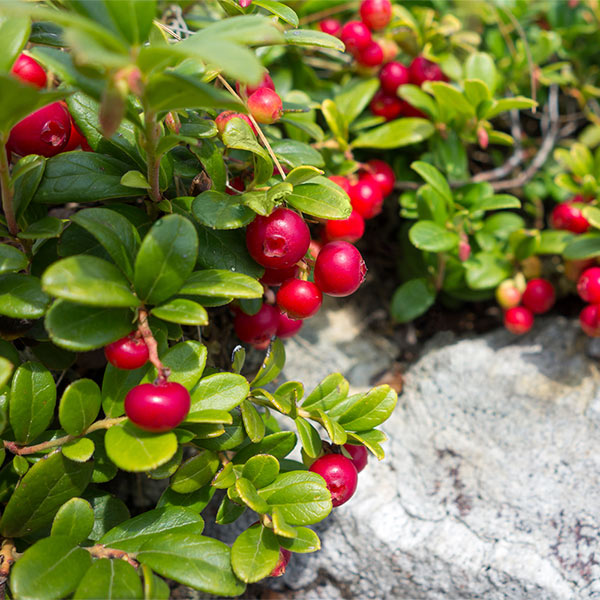
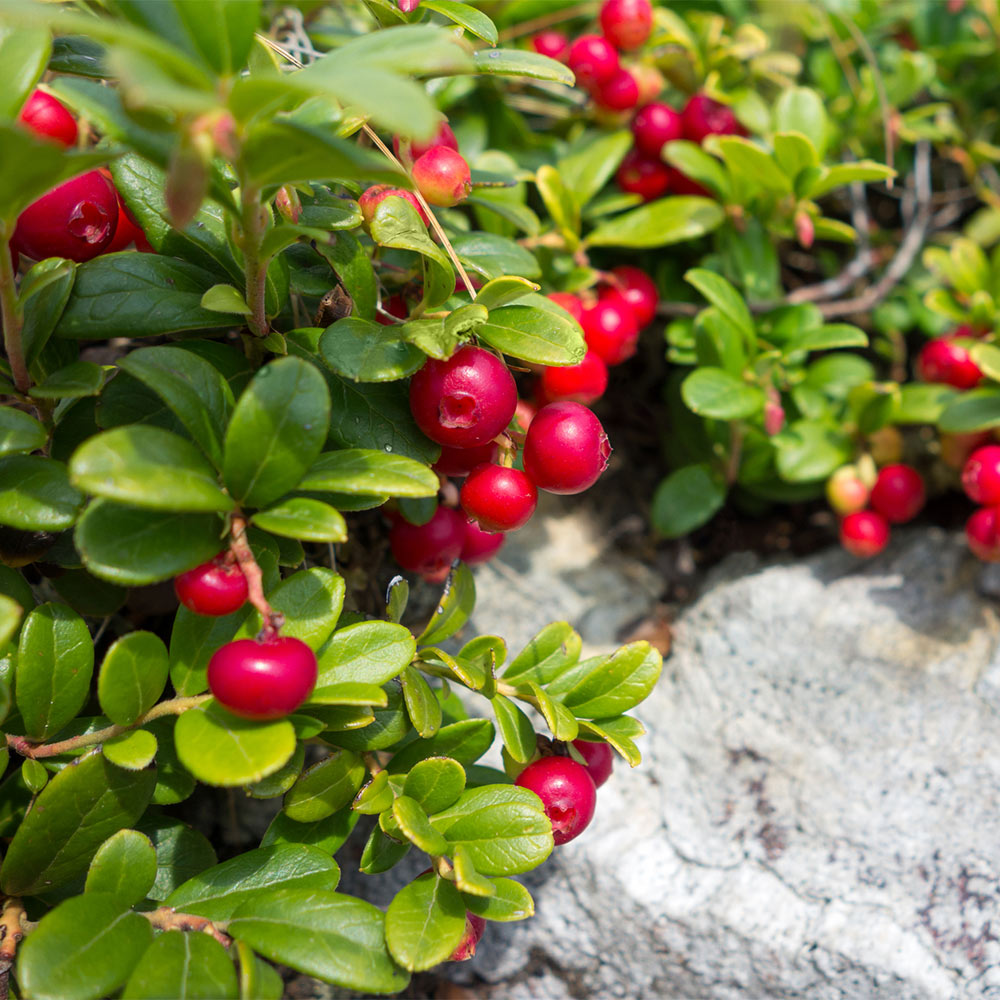
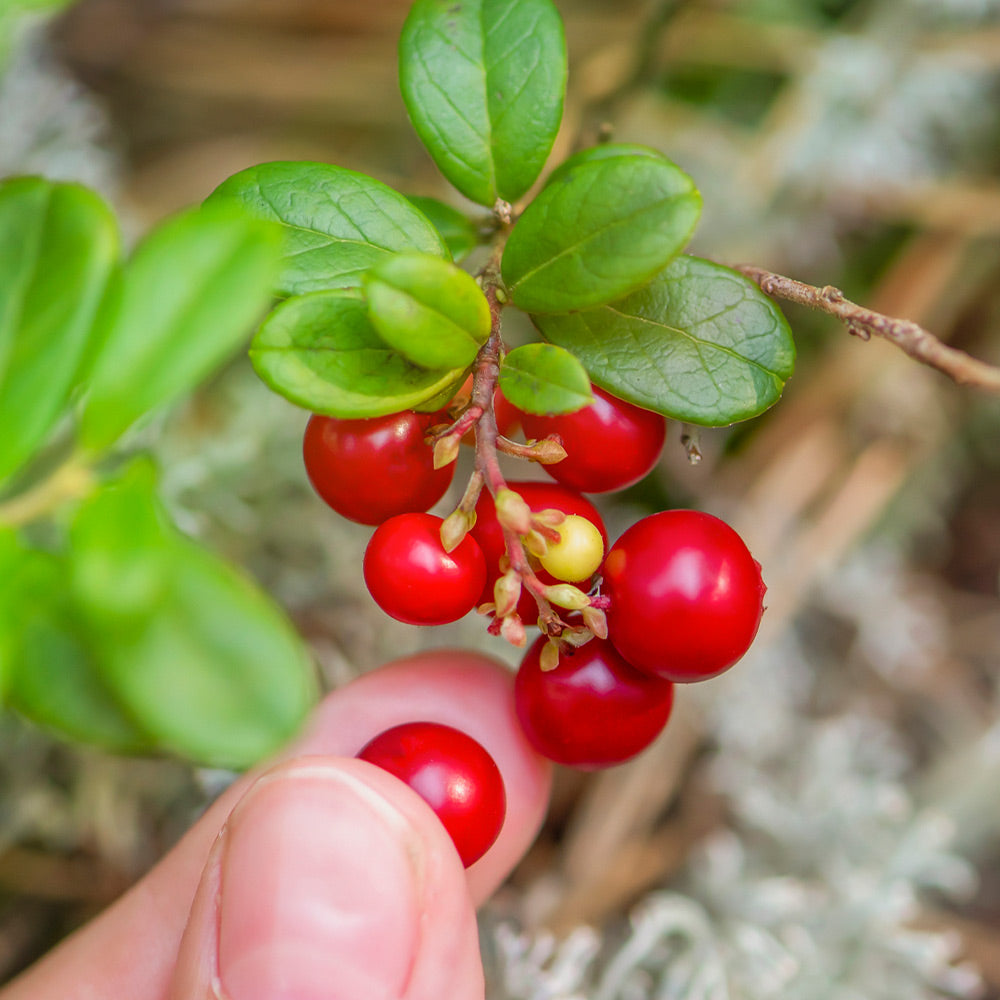
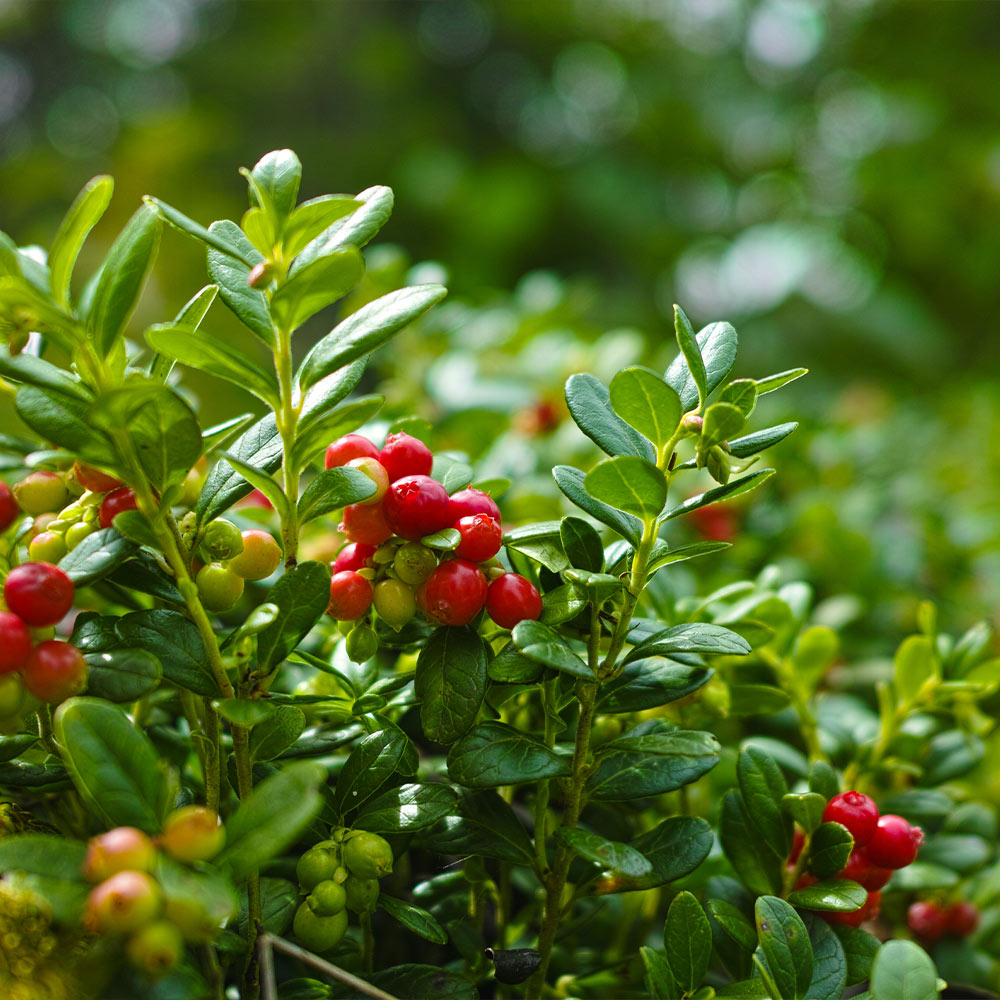

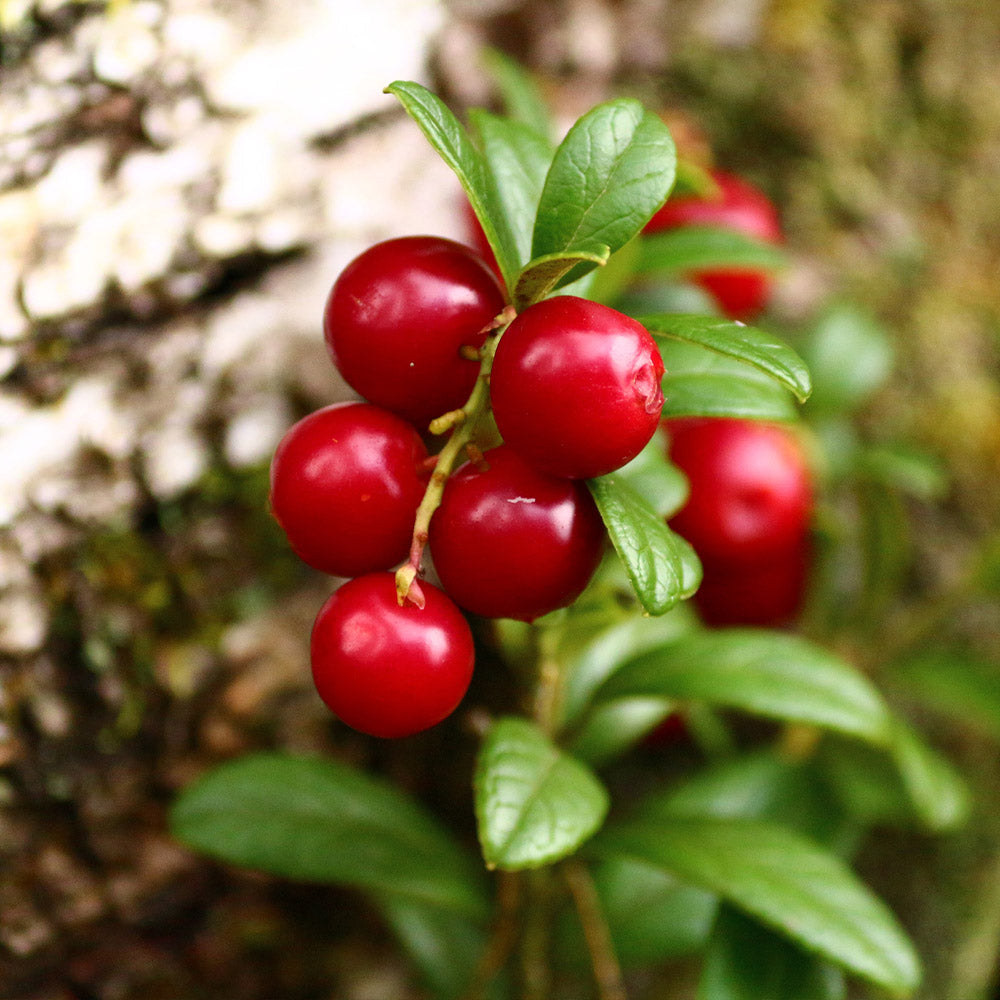

Comment